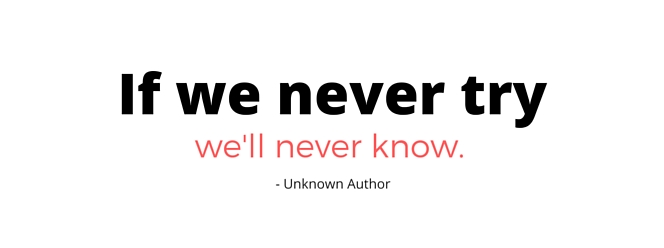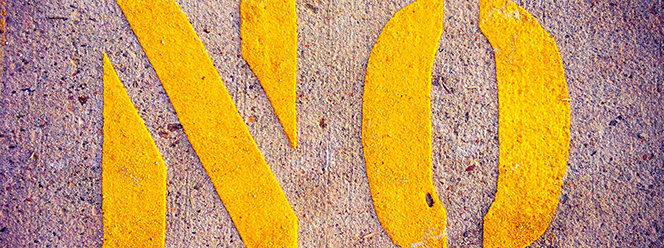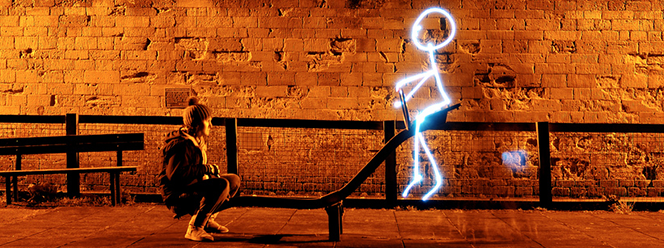
by Tara Joyce | Jul 19, 2016 | Self/Business Growth

To see only yourself in every reflection, and only the parts you want to see, a life is lived in the shallow end. Where there is deepness and darkness, you do not probe, unwilling to go deeper. Uncomfortable with its truth, you reject and dismiss that which you care not to understand.
To be shallow is to only see—and believe in—the surface facade of others, and of yourself. This shiny surface is so alluring when the darker, less “perfect” aspects of yourself are unacceptable. You live on the surface, so that life’s deeper truths and anyone who expresses them, can easily be rejected.
To dip below the surface is supremely threatening, for to acknowledge the depth possible is to accept the imperfect life we each bear. Dipping below your own facade, your own shiny surface, to acknowledge and accept your own imperfections is more than your shallow heart will currently bear.
Instead, it is easier to see that “other” people have issues, that there is something supremely “wrong” with them. It is easier to point fingers and to place blame. It is easier to not understand and to judge. Resolved of responsibility, comfortable in the shallow end, you do not see the deeper, darker truth of yourself hidden in plain sight. Everyone in your life is a mirror reflecting back the parts you love and dislike about yourself. Those which provoke you and numb you, those which drive you to turn away and to hide from your darkness, are the very reflections you can learn the most from.
photo credit: stttjin

by Tara Joyce | Jul 7, 2016 | Self/Business Growth

Being hard on ourselves and others, we often assert that we either have confidence—or we don’t. Yet gaining confidence is a gradual process. It is only with practice that we learn to handle our affairs with proficiency and ease. Through practice, we learn to trust ourselves and our decisions, developing our self-assurance. Inherent within us, our self-assurance is not a momentary—nor set—thing. Rather it grows as our confidence expands, as we skillfully handle life’s challenges. Only through practice do we develop true faith in ourselves, assured as we bear witness to our ability to positively impact the quality of our life.
Looking back on when we felt self-doubt and lacking in confidence, and aligning ourselves to that person, we can see that true self-assurance is a process that takes time. We must learn to trust ourselves. We must learn to have confidence in our decisions. Being open to uncovering our past fears and doubts and seeing where we’ve lacked confidence, we allow ourselves to heal our old wounds and to notice how much we’ve grown since creating them. Invariably, our awareness creates greater strength and confidence within us about our future and our ability to skillfully handle it. Little by little, we find our confidence grows.
photo credit: Karen & Chris Highland

by Tara Joyce | Jun 24, 2016 | Self/Business Growth

Regret is a painful thing. We see it through the lens of things undone, unsaid, unbeen. We feel it for those moments where our head overran our heart. We embrace it when we act from fear rather than love. All these moments we regret. It is never the moments from love, but the ones acted on—or not—out of fear; these are the moments we miss(understand).
Our mind wants to protect us, but from what? What is it our mind first causes us to fear—then ask us to protect against? Sadly, it is love. Always balancing our head and our heart, we are not perfect people. Trying to protect our self from the truth of our feelings, we make mistakes we later regret. Busy thinking about how we want to feel, we miss another moment to connect.

by Tara Joyce | Jun 15, 2016 | Cultural Creativity

We learn to articulate our personal power by saying no.
Feeling my desire to be agreeable, and my fear of rejection, I say no anyway. I learn to be more me.
There is wonder in the myriad of consequences created by responding negatively to requests. There is magic in how life moves forward, without interruption. “No” proves to be less important than we think it is.
Our agreeableness is not that valuable. Assertive and at ease, when I can say no with freedom, I can say yes with utmost certainty, sincerity, and enthusiasm. This is the space I desire to be.
Yes almost always has a cost. I can feel good paying it when I know my reasons are rooted in what I value and appreciate. I can no longer be agreeable for agreeable’s sake. The price is one I’m no longer willing to pay.
photo credit: Martin Howard

by Tara Joyce | Jun 10, 2016 | Cultural Creativity, Personal Branding

It’s an endless quest to be good enough in another person’s eyes. Not facing our own thoughts and feelings, we measure our self using the eyes of another. Unable to acknowledge it’s really our own perception of self that we use as the measure—not theirs.
It takes practice to feel good and whole as we are. Sometimes, rather than doing this, we buy clothes and things, chase and stockpile money, and do what we can to be “better” than others. In comparison, we find our worth.
Rather than question and/or remove ourselves from the mindsets and situations that exert and encourage this dance of superiority/inferiority, we can find ourselves feeding into it and trying to puff ourselves up in order to match it—and even beat it. In our armour of clothes, hair, beautiful things, and pomp we are elevated and protected.
A culture of buying into the need to feel superior (and invariably, inferior) to others. A collective experience encouraging us and teaching us all to feel so very insecure.
Repeatedly pushed and pulled to feel inferior and superior, internally and externally, this wild see-saw of emotion is crazy-making. In our totality, we are no better nor worse, yet we each have qualities that make us “better” than another. It’s focusing on these qualities that gets us caught on the see-saw. Feeling superior ultimately leads to feeling inferior. And vice versa. The pendulum keeps swinging, the see-saw rises and falls.
How do we know what is impressive to another? Thinking what impresses us is what impresses everyone leaves us in fantasy, believing everyone is like us. And they are not. Acknowledging our fantastical expectations, we are pulled by them less by them—and we’re less likely to push them on others, keeping ourselves on the see-saw.
We are neither as perfect nor as terrible as we imagine ourselves (and others) to be. Accepting this frees us from the push and pull to be “the best.” Equanimity actively dissolve the illusion surrounding us.
For our own happiness, we need to own the places where we compete and compare, where we feel inferior and superior to others. It’s so very okay that we ride the see-saw. It’s so very okay we measure our self against others. Owning this, we make the see-saw an easier ride for all of us. Now, the pendulum has less space to swing, and the ride becomes less wild. For the moment, in our truth, we are each good enough.
photo credit: Mike Leary










